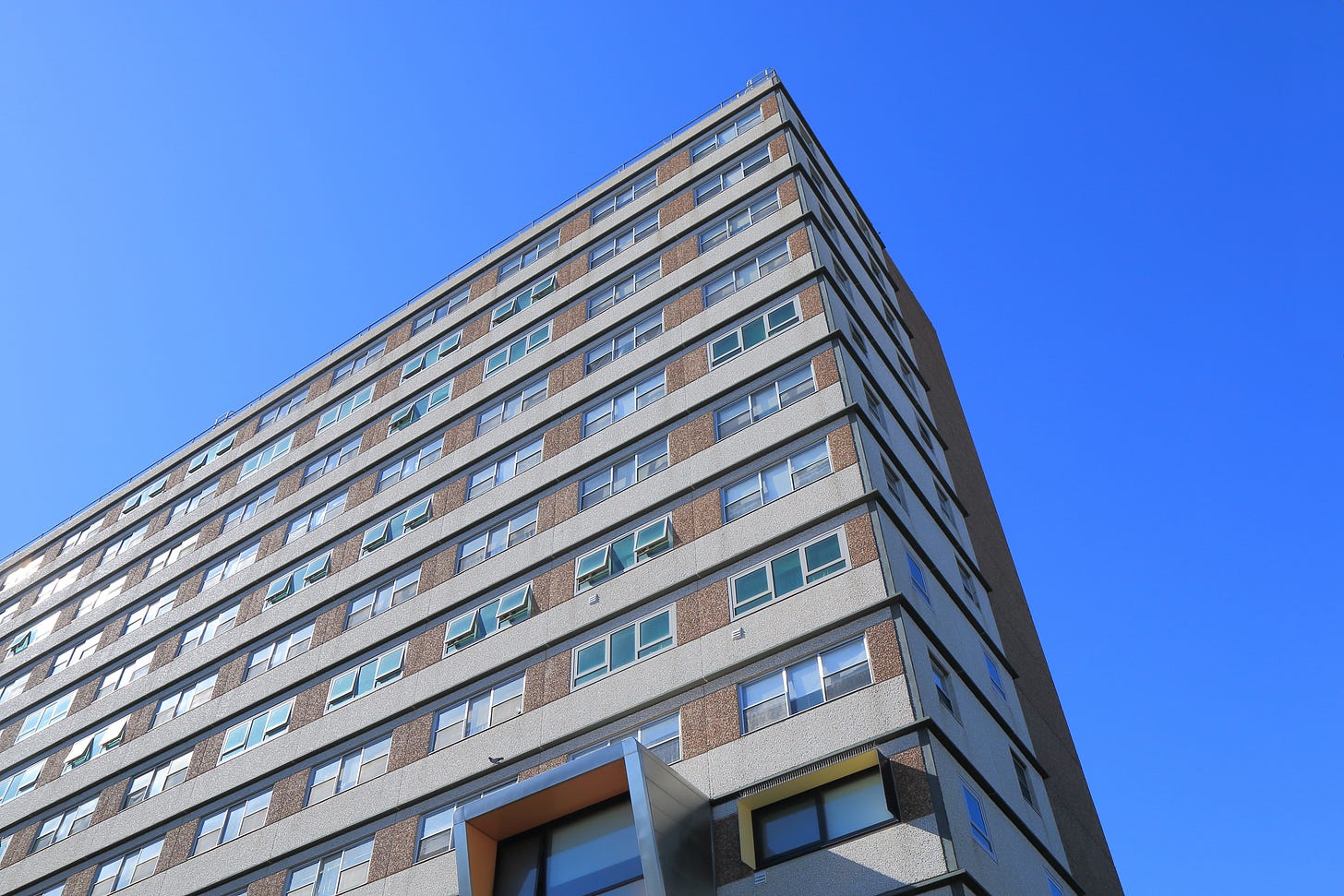Homes not prisons: The campaign to stop the expansion of Victoria’s largest women’s prison
The money the Victorian government is spending to expand the state’s largest prison for women could pay for the construction and upkeep of 1000 public houses.
Soon after the Victorian government announced a $190 million expansion of the state’s largest women’s prison, Karen Fletcher and the team at Flat Out organised a meeting with activists.
It was to discuss a plan to campaign against the expansion of the Dame Phyllis Frost Centre, with 106 new beds to be built at the women-only prison in Ravenhall, Victoria.
The group expected about 10 people to show up for the virtual meeting in early 2021. Minutes after the Zoom meeting was launched, nearly 100 people were on the call.
“We got the message that it had hit a nerve with people,” Fletcher tells me.
Homes not prisons
The meeting led to the formation of Homes Not Prisons, an activist group campaigning for the Victorian government to scrap the planned expansion of the prison and instead invest the money into public housing, with a priority for women, First Nations people and trans and gender diverse individuals.
“There has to be a re-prioritisation of the budget away from prisons to public housing,” Fletcher says.
“There’s an urgent, immediate need for secure long-term housing for people coming out of prison.”
The group says a lack of secure housing is a major reason why women do not receive bail or parole, and that the near-$190 million set aside for the expansion of the prison would fund the construction of about 1000 new public houses.
“That would make an enormous difference,” Fletcher says. “A thousand houses would be a game-changer in terms of the reducing imprisonment of women - it would keep so many women out of prison.”
The 2019-20 Victorian budget included $188.9 million for the construction of 106 new beds, new reception and multi-purpose buildings at the Dame Phyllis Frost Centre in Ravenhall.
This expansion will include 20 “management units” used for the solitary confinement of incarcerated people.
WATPAC Construction was awarded a $105.65 million deal with the state government to be the head contractor on this job early last year, and construction began in March 2021, with plans to have the cells completed by the end of this year.
An open letter written by Homes Not Prisons to the Andrews government opposing the expansion of the prison has received 2500 signatures.
The Homes Not Prison campaign will now be ramping up its operations, with plans for a public meeting in the near future. It will also be positioning itself for the state election later this year, and meeting with political parties and unions to press the issue.
“The main thing is to stop the expansion,” Fletcher says. “Once they expand it to 700 beds they will fill them.”
“We need to bring pressure to bear on the Labor government to have a proper, serious look at this - beyond law and order populism. It just doesn’t seem to have been considered what enormous damage this budget priority on prisons as opposed to public housing is going to do.”
The quicksand of the carceral system
According to Victorian Aboriginal Legal Service CEO Nerita Waight, the prison expansion plan is a “harmful waste of money”.
“Victoria’s spending on prisons and police is unsustainable and unethical. Expanding prisons like Dame Phyllis Frost is an irresponsible investment. Prisons do not rehabilitate people, they just cause more trauma and more people get trapped in the quicksand of the carceral system,” Waight says.
“All those billions of dollars would be much better spent on making our communities stronger. Invest it in community-controlled organisations so that our people can make decisions about building a better future for themselves.”
The Homes Not Prison group argues that women are being disproportionately impacted by Victoria’s strict bail laws, leading to them being kept in prison before they have been found guilty of a crime. They say that women are also being punished for experiencing homelessness, with this often used as a reason to deny bail.
A better solution would be to provide secure housing, rather than expanding the prison system, the group argues.
The $188.9 million being spent on the prison expansion would fund the construction of 1000 new public homes, while the operating costs of the 100 new cells ($12.5 million annually) would cover the basic operating costs of 1614 public homes.
“Research and evidence is crystal clear that the biggest impact you can make on the likelihood of returning to prison is accommodation,” Fletcher says. “People who are homeless are much more likely to return to prison multiple times.
“If the Victorian government doesn’t change the policy around bail and doesn’t start providing housing then they are going to have to build another women’s prison.”
More solitary confinement
The expansion of the Dame Phyllis Frost Centre to include 20 beds for solitary confinement is especially troubling, with Homes Not Prison arguing that this practice amounts to torture, and that First Nations women, those with mental illness and people with disabilities are disproportionately targeted by the practice.
The expansion of the prison will disproportionately harm First Nations Victorians, Waight says.
“The Victorian government claims it makes the community safer, but Aboriginal communities are not safer,” she says.
“Aboriginal women are the fastest growing demographic in Victoria’s prisons. Destroying our families and funnelling people into traumatic environments does not make our people safer.”

